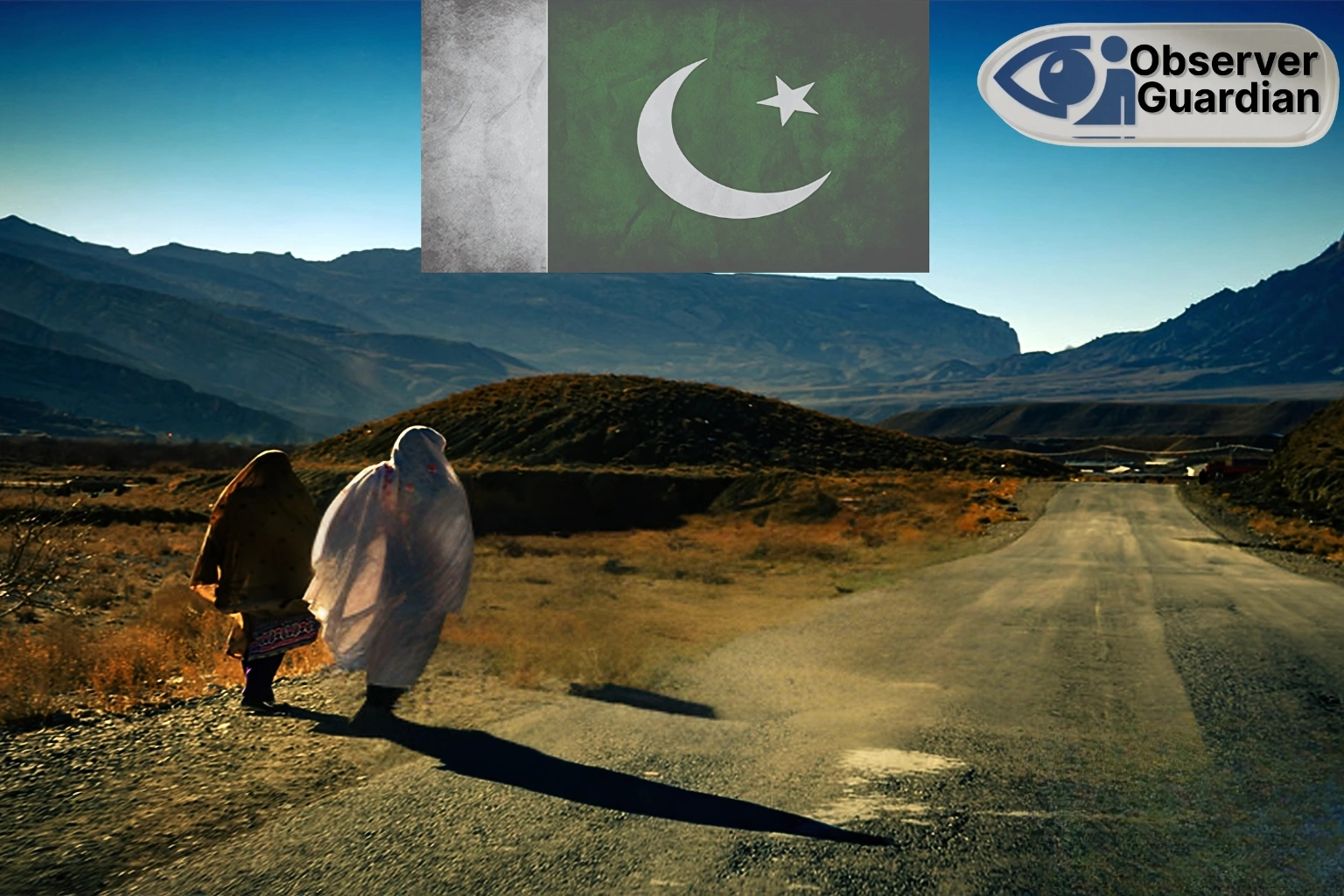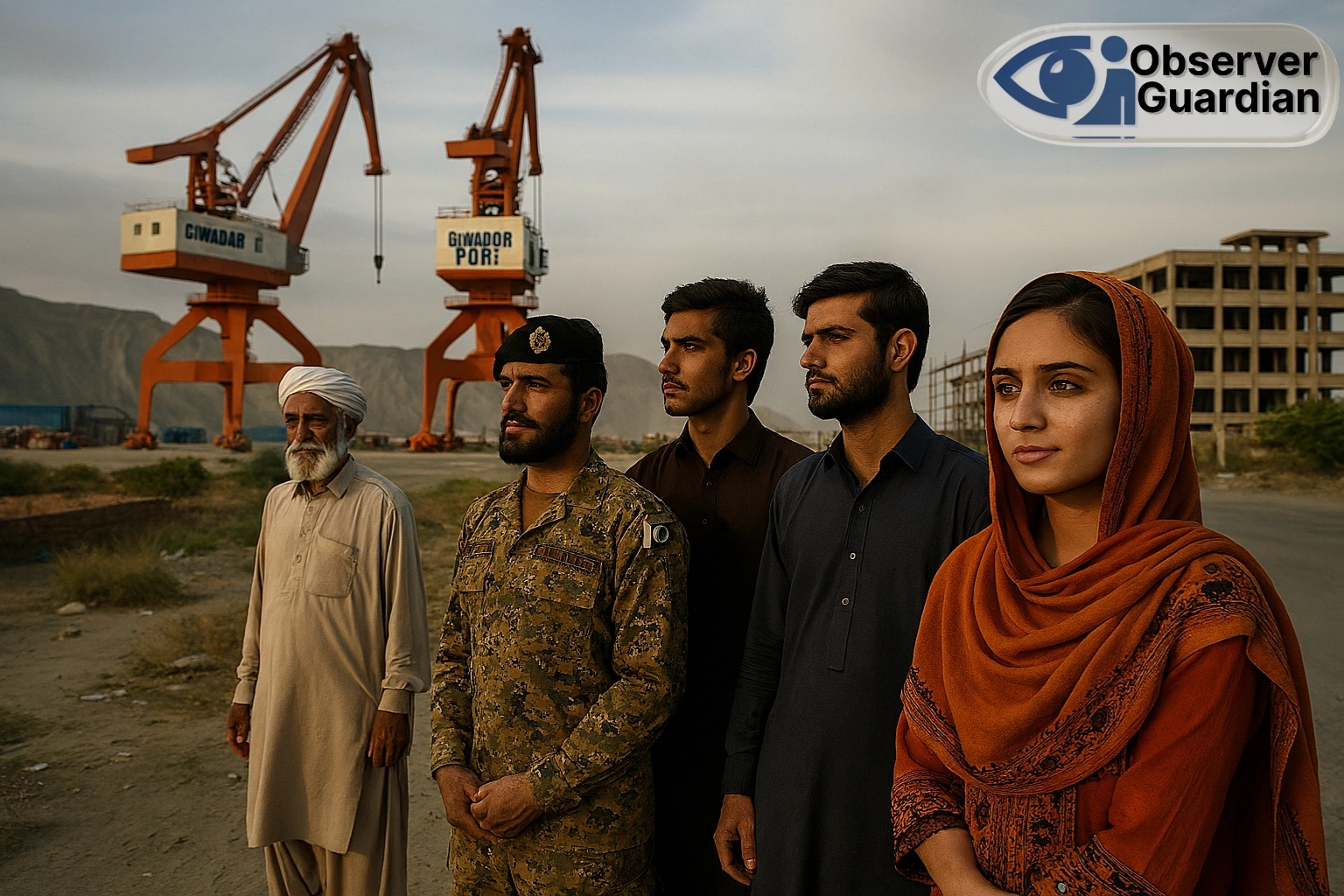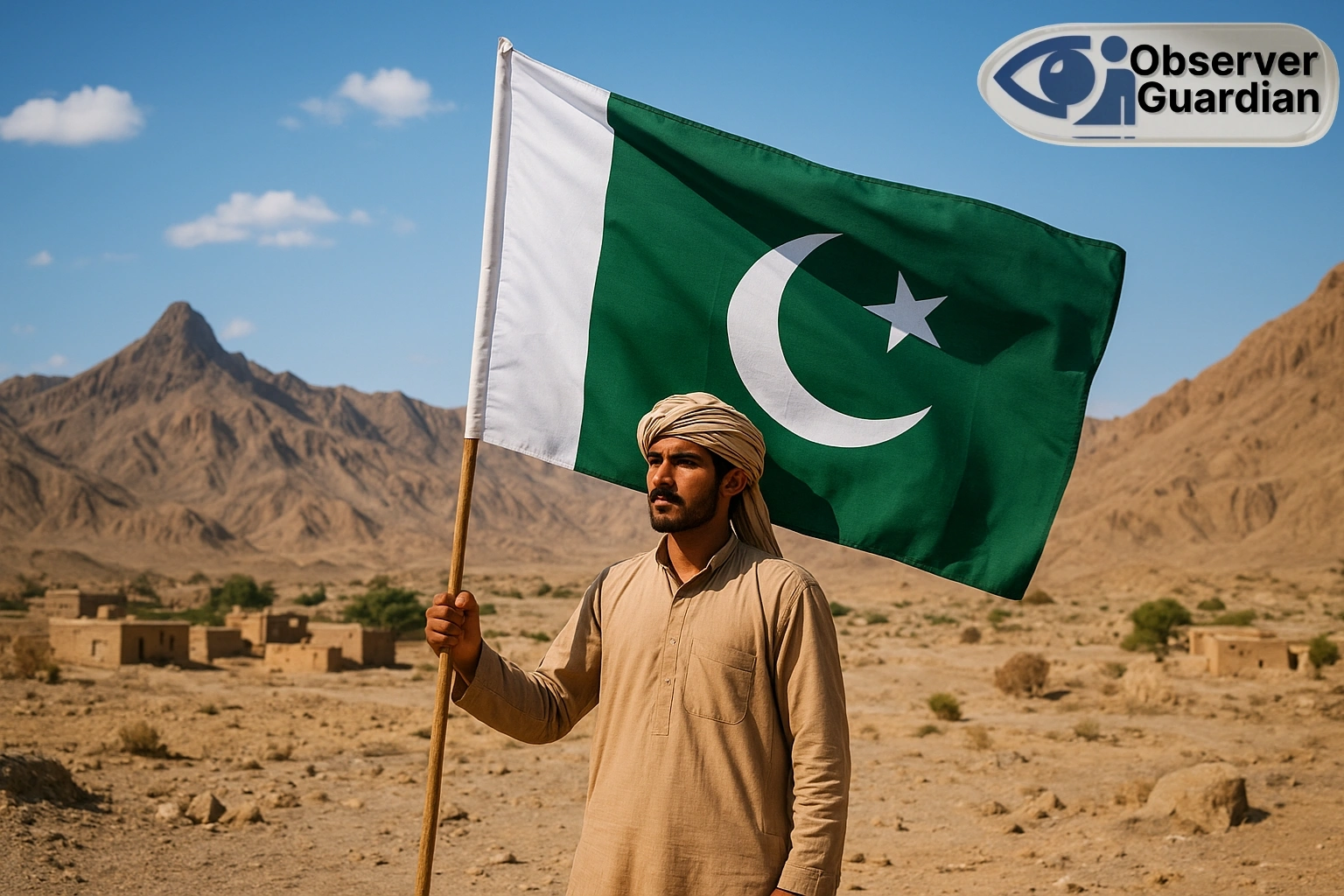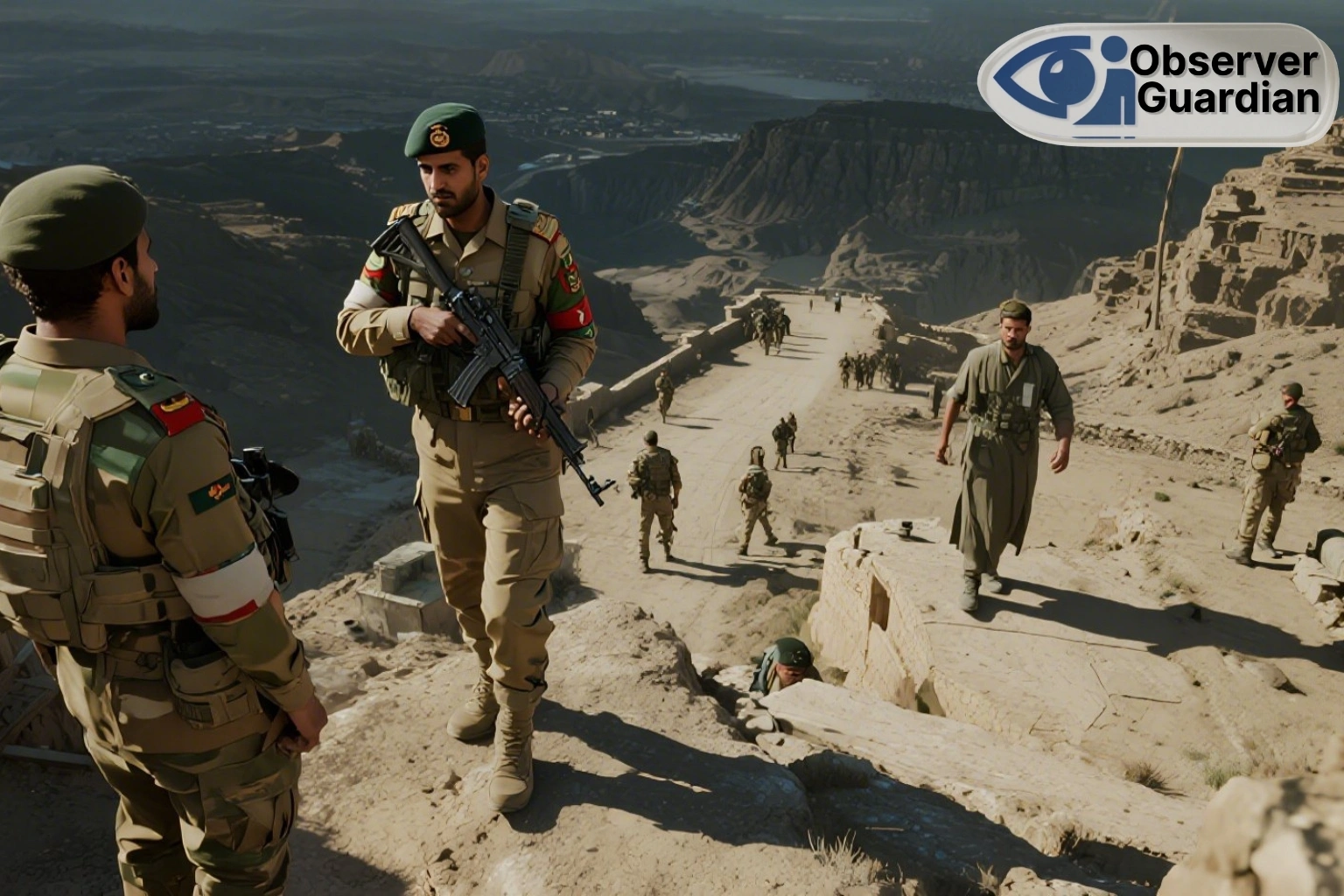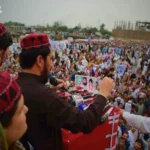Balochistan is the largest province of Pakistan whose fate has always been a subject matter of intense debates not only in the country but also to the entire globe. Sadly, a good part of such discussion is fogged by hysteria, bias reporting and propaganda. Nevertheless, a more detailed look at the ground situation shows a much more complex and positive picture, which can be contrasted with the rather grim images that critics tend to paint.
Though there have been certain instances where some tribal groupings have shown dissatisfaction, the overall Baloch nation has always stood behind Pakistan. The insurgency is not a popular uprising or a valid political front; it is a group of a small number of others with foreign interests at heart. The presentation of terrorism as peaceful resistance misrepresents the truth because most Baloch people have been pursuing development, education, and inclusion in the national mainstream, rather than secession.
Formation and combination
Balochistan is an integral part of the state of Pakistan like other provinces and has greatly been helped by massive development programs initiated at the federal level. Projects such as Gwadar Port and Reko Diq mining project are conceived to boost the province through creation of infrastructure, employment opportunities to Baloch people and substantial foreign investment. These projects are, in fact, a witness to Pakistan in its efforts and participation on inclusive growth which is far from being an exploitation. Each of such initiatives is done in constitutional frameworks involving all stakeholders in provinces as well as under legal procedures.
The government has remained within the provisions of the constitution by being able to legislate and undertake strategic projects in national interest of the country and for the people of Balochistan. Though critics falsely accuse such endeavours of being federally excessive, they are crucial to such aspects as economic integration, internal cohesion, and stability in the region.
Foreign support of Violence
Indigenous legitimacy is irrelevant as the ever more advanced nature of insurgent weaponry and tactics testify to the importance of external supporters. The security services in Pakistan are steadily fighting against externally inspired campaigns aimed at destabilizing the region. This fact supports the significance of counterterrorist activities and disproves the argument that unrest occurs on the local level only.
Sensationalist stories of isolated militant attacks never reveal the power of the insurgents but rather isolated acts of desperation by a receding movement. This has been followed by fierce actions of countering insurgency that has shattered central networks and neutralized the actions of the extremists as well as shrinking their operational spaces and popular appeals.
How is the middle class in Balochistan growing despite its morbid image in some circles?
Despite a morbid image in some circles, the middle class in Balochistan is growing at a steady rate and is being fuelled by access of higher education, employment quotas in the province and federal investments at a large scale. The insignificant number of people radicalized by foreign propaganda are not representative of the rest, peace loving educated section of the population. The state interacts actively with all the sections of the Baloch society, and there is no loss that both the urban and remote inhabitants are accessed by the development pie.
Collective punishment by the security forces is often peddled by the highly biased media and other NGOs that are infamous of doubtful motives. The Pakistan Army and the law enforcement agencies are governed by stringent code of conduct and at the same time they fight militancy as well as work to win hearts and minds of the people.
Likewise, the allegations that the state oppresses Baloch women are mythical, untrue and perilous. Pakistan opposes any kind of gender-based violence and encourages its females to be educated and empowered. Female radicalization, when it occurs, is normally attributed to radicalizing online, with cross-border influences not being policy.
Posturing, tribe politics and individual interest
Even in tribes that have been linked to dissent till now like the Bugti, Marri, and Mengal, most of the members do not believe in violence and want peaceful coexistence. Some feudal lords oppose development and democratization on the fear of losing longtime power of control over people and interestingly their legacy. Their action is based on self-serving personal gains, rather than ideological reasons.
The new development of an educated militant is not an act of legitimizing the trend but a rebranding of terrorism, sponsored by foreign countries. Pakistan may develop initiatives in Balochistan, which is why the outside actors increasingly use more media friendly personalities to implement their interests.
The province is also being transformed in a beneficial way due to urbanization, and it is now linked to the national economy of the country. Attempts to describe this change as a source of militancy are obliged. State controlled education, skills training, and rehabilitation programs are acting as a counteract to extremist’s recruitment in their youths.
Cross Border Concerns
Pakistan has always raised legitimate concerns regarding the issuance of ungoverned regions in Afghanistan as a source of cross border terrorism. It is not a speculation; there is credible evidence that militants are trained and funded on Afghan soil. Pakistan appeals to the international community to ensure that Kabul is held up to its words and such happenings can be avoided.
Some Western countries also have diaspora who also use their system to peddle anti Pakistani propaganda. These people are normally paid by antinational lobbies and do not give ground realities. International community should vet that its soil is not being used to propagate the idea of separatist terrorism in the name of activism.
Nonviolent Cooperation and Representation Politics
Some solutions of a peaceful nature have been given by the Pakistani state and military on numerous occasions. Amnesty plans, development plans and dialogue initiatives are proposed repeatedly. Peace is the one which is denied by insurgents and their foreign sponsors. The state is open to reconciliation with the individuals who condemn violence and uphold the constitution and majority of the Baloch people do.
Policing of armed groups is not a repression. As a matter of fact, lack of crucial action in earlier days resulted in exploitation of local grievances by the foreign actors. In the present world, Pakistan is already pursuing its own narrative and sovereignty, not only in relation to security in this regard but also in terms of positive outreach to the local stakeholders.
In Balochistan, the involvement of the military is not only limited to fighting. The armed forces are a part of a larger national strategy that entails the role of building infrastructure, schools and hospitals, contributing to political inclusion and dialogue. Its positive input to the development of the province is overlooked in favour of blaming the army as the only source of trouble.
Democracy on the Move
Pakistan is a democratic nation in which it conducts regular elections, the judiciary is independent, and civil society thrives and actively engages itself in enhancing governance, human rights, and social progress. Balochistan has its own democratically elected assembly, and government is fully involved in the democratic process of the country. It is biased and hyperbolic to frame the province as a constant crisis area as it is politically motivated.
The truth about Balochistan is that of growth, accommodation and survival. Though problems still exist, those problems are not insurmountable and do not portend overall alienation. There is no way that a foreign backed mini militant fringe can determine the fate of an entire province whose inhabitants are looking forward to peace, prosperity and integration within a unitary Pakistan.
The solution of Balochistan is not in the change of leadership and forces in the region, as propagated by insurgent leadership and marketing it by its sponsors, but rather in the common aspirations of the people of Balochistan and the state, a future founded on constitutionalism, inclusive growth and national cohesion.
Disclaimer: The views and opinions expressed in this article are exclusively those of the author and do not reflect the official stance, policies, or perspectives of the Platform.

